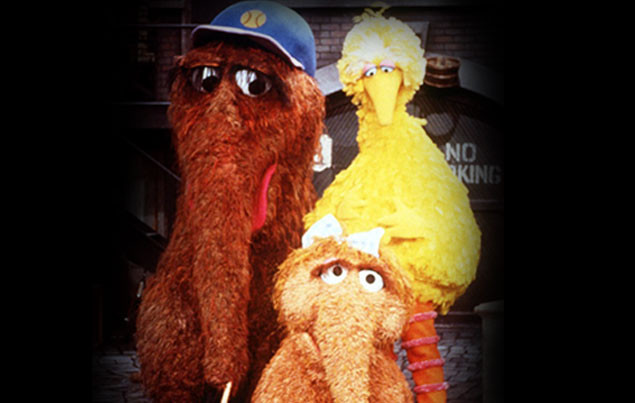
Children commonly resort to a fantasy world for a number of reasons, including, comfort, a sense of power, and as a way of understanding reality
Many young children have an imaginary friend. In general, it is a healthy way for children to experiment with social behavior and friendships.
An imaginary friend is beneficial for the mental development. Children learn to make the proper distinction between reality and fantasy. Also, it gives children an opportunity to take a break from the real world with all the rules of everyday life. Because imaginary friends always do what you want, it will give children a sense of power and self-esteem.
The imaginary friend can be comforting as well: he is always there to support whenever a child feels sad or scared. In exciting periods, such as starting school, children may be looking for some guidance. An imaginary friend can offer a lot of help, and you can take him everywhere you go. This is a better approach than clinging to a parent.
Sometimes the imaginary friend disappears when children are ready for connecting with other children, around the age of four.
Furthermore, children can blame their imaginary friend for something they did wrong. To identify themselves with the parents, children tend to use the same language parents use to punish their imaginary friend. Young children still have trouble controlling their impulses, but also, would like to be loved by the parents. Obviously, blaming the imaginary friend is a naive solution but it is the first step to controlling their impulses: the child realizes what is unacceptable behavior. When the imaginary friend disappears, it is a signal that the child understands and accepts his mistakes without the fear of losing the love of the parents.
Generally, it is best to accept the imaginary friend. It is useless to discuss the existence because the child knows that it is fantasy.
However, it may be necessary to limit the privileges of the imaginary friend. The best way to deal with it is to go a bit along with the fantasy of the child. For example, agree that the imaginary friend cannot take a seat when someone else wants to sit. Also, explain that the imaginary friend must obey the same rules as the child itself. When the child uses the imaginary friend as a scapegoat, it is good to talk about the child’s responsibility.
Most imaginary friends disappear by itself again. As long as children have normal friendships, there is no reason to worry. Then it is just a fantasy or a way to deal with a difficult period.
Rosan Ouwerkerk is a Dutch registered psychotherapist and she runs a private practice in Playa del Carmen. If you think her help is required, you can contact her: rosan.ouwerkerk@gmail.com